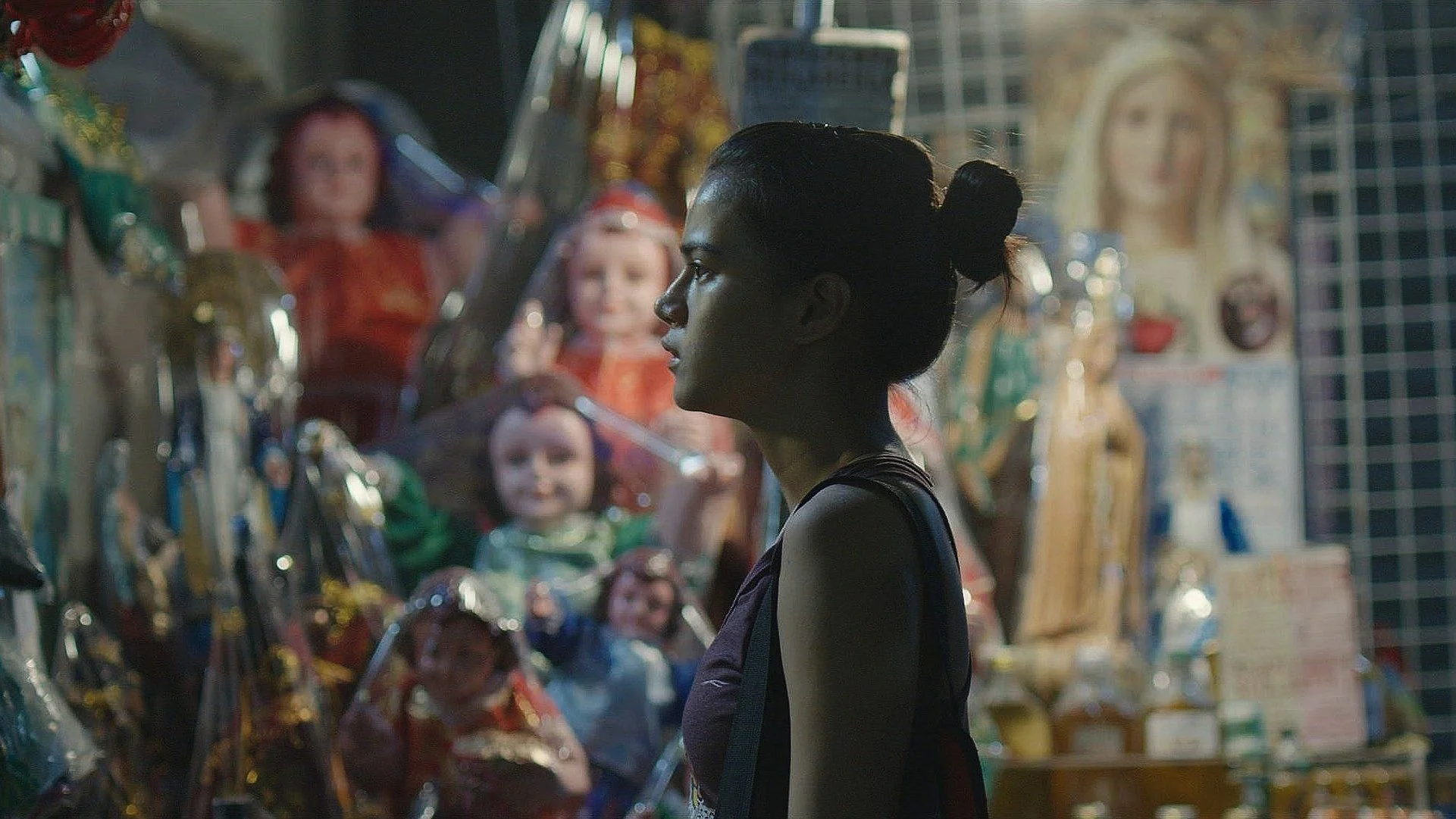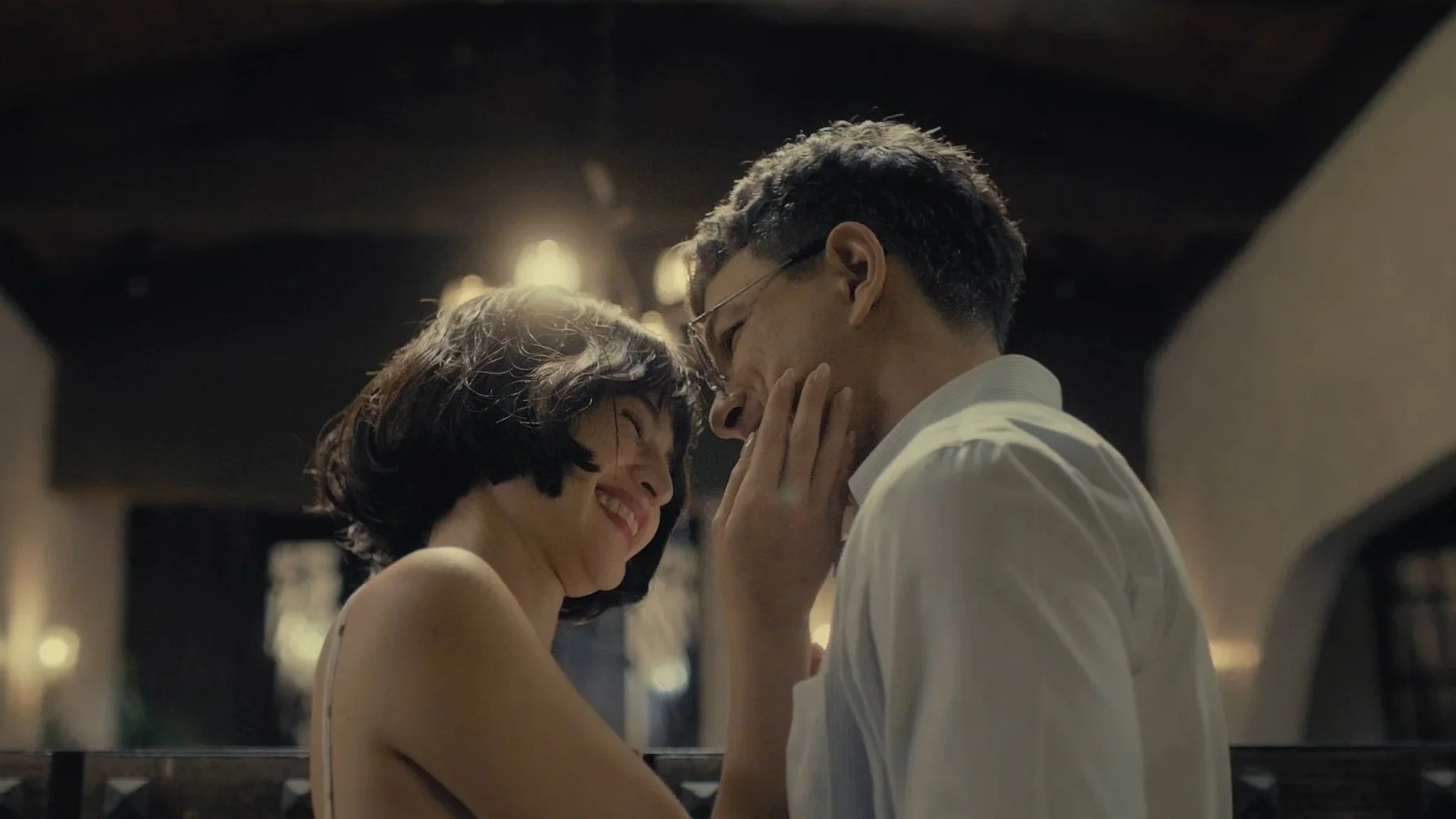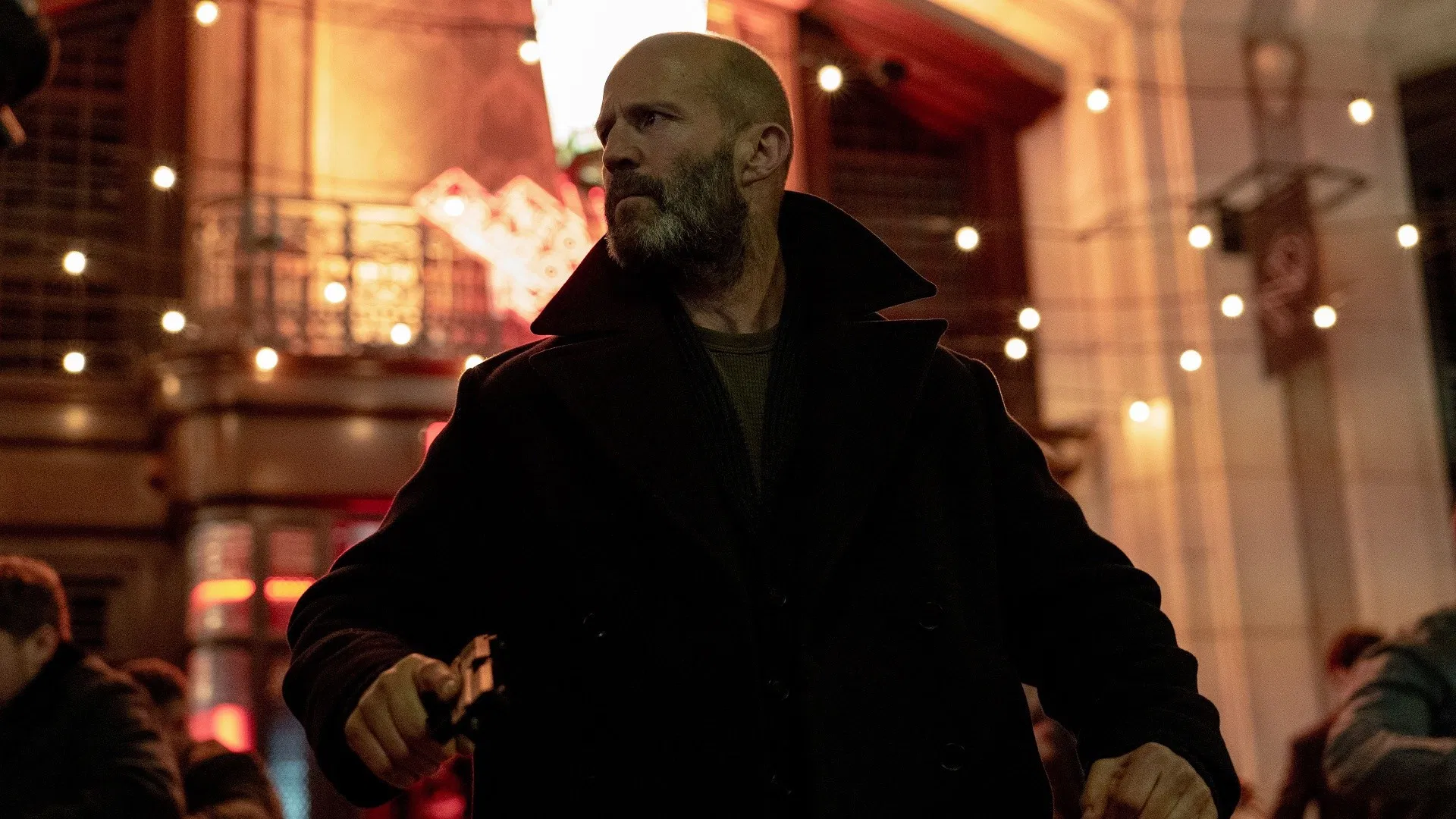‘Sunshine’ REVIEW: A flicker of hope in the city of broken dreams
‘Sunshine’ REVIEW: A flicker of hope in the city of broken dreams
Maris Racal as Sunshine in Sunshine | Still courtesy of ANIMA Studios and Project 8 Projects
The Second Golden Age of Philippine Cinema has undeniably proven that the strongest and most impactful stories were grounded on uncovering the disappointing truths of Manila — the drug-ridden areas constrained by poverty, the risks and dangerous situations Filipino women are forced into when stripped of their basic right to choice, and the shackles of conservative governments that care more concerned about power and politics rather than building policies to fix the problems faced by the country. We recognize movies from this age as timeless classics, not just because of their stances against strongman leaders at the time or the legendary filmmakers behind them, but also because of the issues discussed in their stories that continue to suffocate the country today.
Antoinette Jadaone’s Sunshine masterfully continues this narrative while integrating new themes closer to the hearts of present audiences. Dreaming in Manila — a place that has always been romanticized to Filipinos as the “City of Dreams” — becomes such a challenge once faced with reality; where opportunities are finite but self-worth is defined by success, where others’ judgment on a regretful decision can strip a woman of any chance at reaching their goals in life.
Set in Manila, this story follows a young and hopeful Sunshine (Maris Racal) who finds out she is pregnant on the week of her tryouts for the gymnastics national team. Racal carries a chip on her shoulder as she represents the stories of many Filipino women. She performs with such grace to her character, embodying both the strength and suffering of Sunshine. As Sunshine’s routes are recurrently blocked and redirected by the disagreement from people around her, it becomes evident that the true antagonists are not her circle, but rather the setting, specifically, the city dominated by conservative lawmakers and religions that influence beliefs of the majority.
Yes, Sunshine’s story is very representative of the risks and decisions a person could resort to in her situation. However, perhaps calling it “mistake” is not the right term. A mistake entails having a choice, but what this film proves is that oftentimes choices are not present. It highlights that women have to reach underground due to government regulations just to protect themselves, but risk encountering some unsafe practices in the process. The bottomline is that, if the world could surpass their beliefs and uphold more objectivity, we would have more access and information on safer and more regulated solutions for women’s health.
Regardless of its setting, this story holds relevance to every corner of the world. Thankfully Jadaone and their team made global rounds before finally premiering in the Philippines. It reminds us that hope, though terribly difficult to find under oppressive forms of government, can still be found, and what results from it is something much greater than these oppressors — resilience, independence, determination, and community. Now, this masterpiece is in local cinemas, and it might just be my favorite piece of Philippine Cinema.
‘Sunshine’ is now showing exclusively in SM Cinemas.














